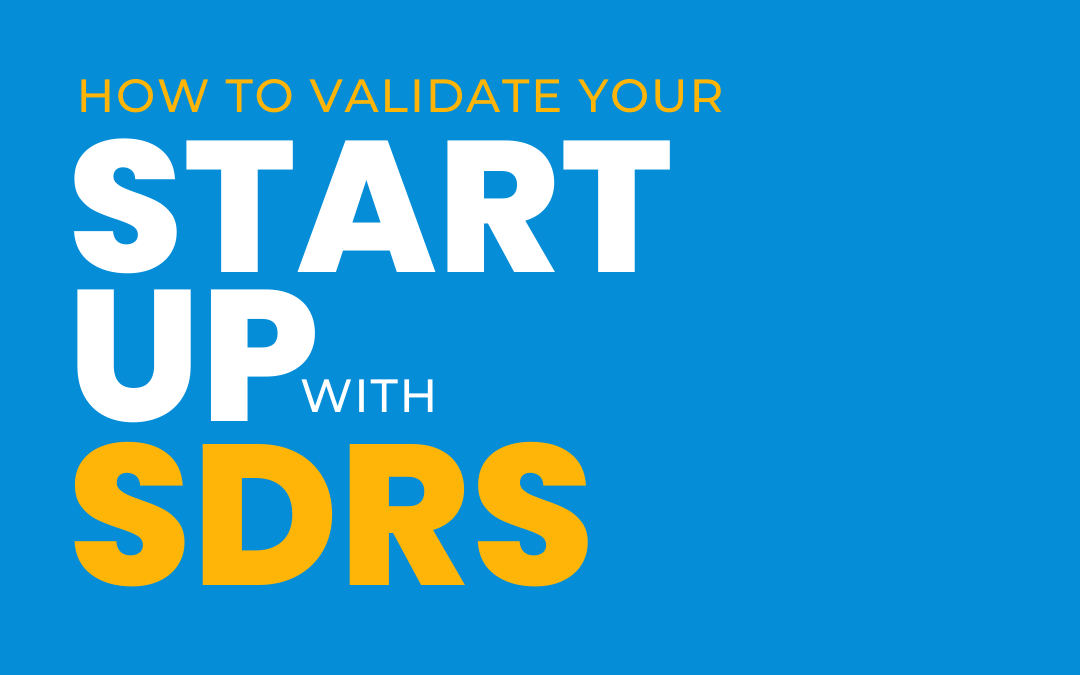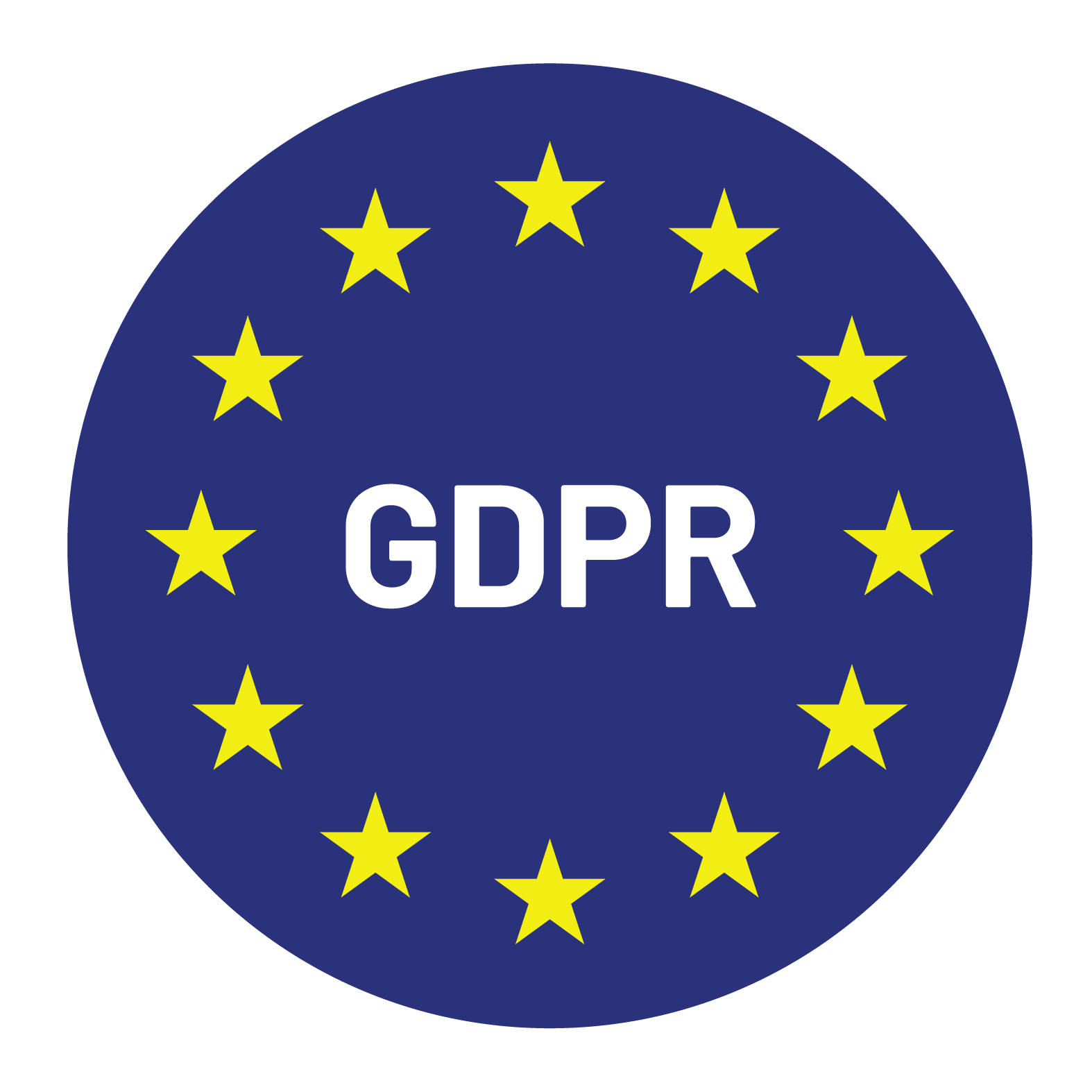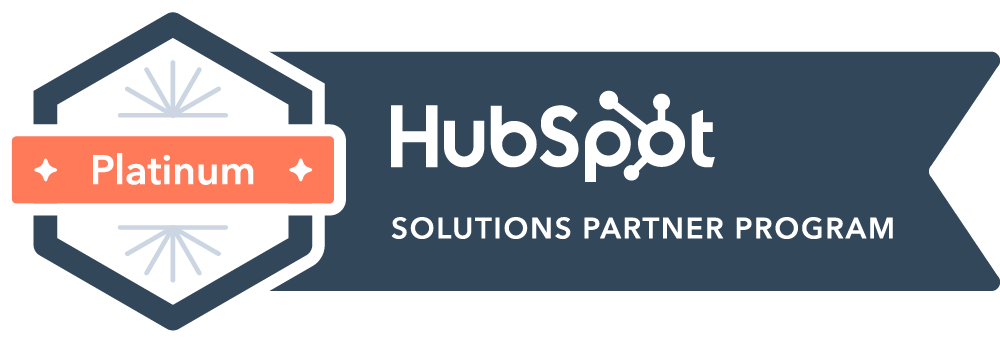

Content Writer for Whistle with multidisciplinary experience spanning over a decade.
As the captain of a startup enterprise, it is easy to sometimes wonder if you have made the right decisions or if your business is on the right track. How do you take the next step in your startup’s evolution and begin to scale up? How is your startup being perceived by prospects, the market in general and the competitors? We look at how SDRs could be used by a business as a litmus test to gauge your organization’s progress and positioning.
When most companies think about their ideal client, they tend to think of the ideal situation and ‘in a perfect world’ context. They tend to overlook or gloss over the status quo of their current client base. At the early stages of the client journey the client profile looks quite different to what one would expect. This gives credence to the constant evolution of the ICP as the business grows and scales.
Early on, an organization’s ICP depends on a few critical factors;
If you cannot contact a prospect then your records and prospect list may need some spring cleaning. Having an inaccurate or incorrect list is as good as not having a list at all.
Your prospects are more informed than you realize. They actively research organizations, look at the best fit for them and even check to see if a company’s ethics align with their own prior to giving their loyalty to a particular brand. Prospects sometimes prefer to give their loyalty to a startup rather than a well established company as they appreciate the ‘effort’ made by the ‘little guy’ to keep clients happy.
Are prospects likely to take action based on communications that you made? Which segments of your target market are likely to engage and possibly buy? Your business would benefit from being able to target those individuals specifically with its messaging.
SDRs engaged by the organization will be able to gain valuable insight into the state of the market and how prospects feel about the product, brand and level of service being offered by the organization. At Whistle, we use what we have learned from running over 600 global SDR campaigns to give you the benefit of their cumulative experience in data analysis.
SDRs are able to provide immediate feedback on the efficacy of client messaging. This feedback tracks phone, email and LinkedIn messaging and can influence the content being released. SDR feedback improves message building and testing. In fact, SDRs are constantly engaged in hypothesis testing and retesting in order to perfect sales strategy. In our experience SDR success is most closely correlated with data accuracy, SDR competency and market message fit.
Having a dedicated SDR team in place has numerous benefits for your organization. Aside from the most obvious benefit of increased sales, your SDR team has the ability to accurately measure the efficacy of your messaging across all platforms. They also have their fingers on the pulse of your target audience and are acutely aware of what the audience wants and needs. Your SDRs are perfectly placed to give your company feedback on how messaging can be tweaked to achieve the best possible results.


© Copyright – Whistle 2023